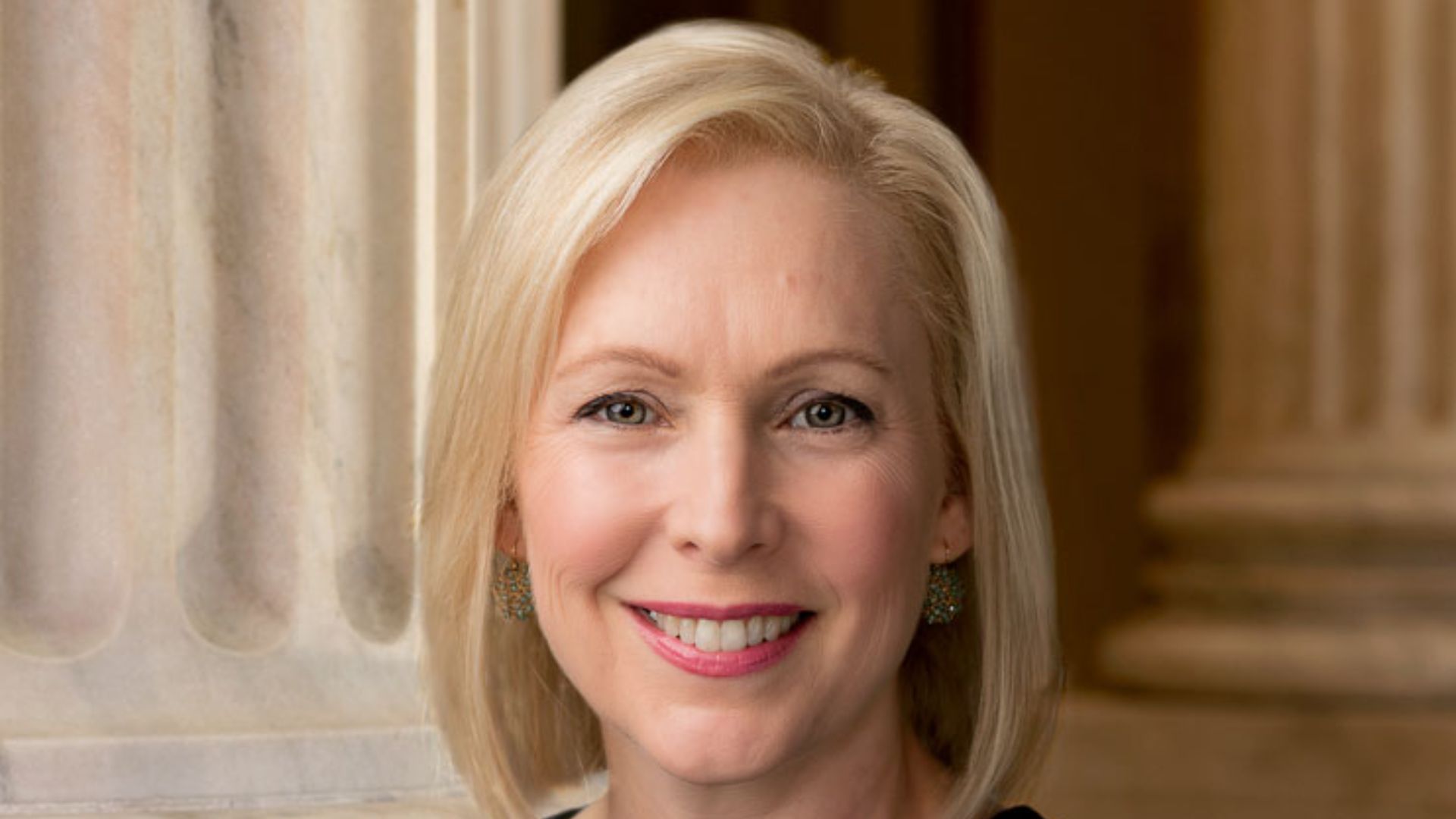State
Senator Gillibrand urges the Trump administration to reinstate funding for critical school-based mental health programs

New York – In a move that has sparked deep concern among educators, mental health professionals, and families across New York, U.S. Senator Kirsten Gillibrand is demanding the Trump administration reverse its decision to cut funding for two major school-based mental health programs. These programs—the Mental Health Service Professional Demonstration Grant (MHSP) and the School-Based Mental Health Services Grant (SBMH)—have played a crucial role in addressing the national shortage of school counselors, psychologists, and social workers.
The grants, which were established under the Bipartisan Safer Communities Act, were designed to build a sustainable workforce pipeline for mental health professionals working in schools. With a combined $1 billion set aside through Fiscal Year 2026, these programs had already begun making significant impact, including $18.2 million that was allocated specifically to support schools across New York State.
Now, with the Trump administration moving to halt funding for both MHSP and SBMH, Senator Gillibrand is calling the decision short-sighted and dangerous for students’ mental well-being.
“Protecting the mental health of our kids should not be a partisan issue,” said Senator Gillibrand in a firm statement. “I am appalled by the Trump administration’s decision to terminate MHSP and SBMH funding, particularly as the shortage of mental health professionals and school counselors persists nationwide. Thousands of students are set to benefit from the mental health care they’re receiving because of these programs, and I am committed to fighting for the restoration of this vital funding.”
The senator’s latest letter to U.S. Education Secretary Linda McMahon lays out her frustration, both with the funding cuts themselves and with what she described as an “unsatisfactory response” from the Department of Education following her earlier outreach on May 9. According to Gillibrand, her initial questions about the rationale for the termination of the programs were largely ignored in the department’s reply.
In the letter dated June 6, Gillibrand stresses that both MHSP and SBMH have benefitted communities across New York, from rural districts to inner-city schools, by supporting mental health resources that students desperately need. She argues that ending these programs now, just as they are gaining momentum, would have serious long-term consequences.
“These funding streams were intended to create a workforce development pipeline for school counselors, psychologists, and social workers. Thousands of students have benefited from the mental health care they received because of these programs.”
Gillibrand pointed to successful examples in the Lyons Central School District and the Seneca Falls Central School District, where the grants have already enabled schools to establish mental health initiatives tailored to students in high-need areas. Without continued support, she warned, such programs could lose their footing just as they begin to prove their effectiveness.
In stark terms, the senator cited federal projections showing an impending mental health workforce crisis. By 2037, the nation is expected to face a shortage of 113,830 psychologists, 50,440 psychiatrists, and 39,710 school counselors. Cutting the MHSP and SBMH programs, she argued, will only make this growing problem worse.
“These programs work, and New York students deserve their continued benefits,” she wrote.
To push the issue forward, Senator Gillibrand has now issued a follow-up list of six pointed questions for Secretary McMahon and the Department of Education, demanding a response no later than June 4, 2025. Among the questions: whether each grant recipient that was denied continuation violated federal civil rights law; how the Department plans to replace the lost services in affected schools; and whether local mental health and education stakeholders were involved in the decision-making process.
The senator is not alone in her efforts. In May, she and Senator Catherine Cortez Masto of Nevada sent a joint letter asking the Department to explain why the grants were being pulled. Their questions, too, remain largely unanswered.
The decision to cancel funding arrives at a time when schools across the country are still reeling from the lingering effects of the COVID-19 pandemic. Increased anxiety, depression, behavioral challenges, and learning disruptions have placed additional strain on already overstretched school counselors and support staff.
Experts in youth mental health argue that the MHSP and SBMH grants provided critical relief. These programs not only funded direct support services for students but also created real pathways for future mental health professionals by helping them gain field experience and practical training in school settings.
“Ending these programs now is like pulling the rug out from under students and professionals alike,” said a school psychologist from upstate New York who works in a district that received MHSP funding. “The demand for care is rising, not falling. This is the worst possible time to cut support.”
Critics of the Trump administration’s education policy view this latest decision as part of a broader pattern of defunding programs that serve vulnerable populations, particularly in public schools. While the administration has cited reasons related to standards of fairness, merit, and excellence in education, Gillibrand dismissed those claims as unfounded.
Read also: State Police respond to single-motorcycle crash on I-90 in the town of Mohawk during morning traffic
In her letter, she wrote, “They do not undermine standards for fairness, merit, and excellence in education as asserted in your response sent on May 30, 2025.”
As the June 4 deadline for a formal response approaches, educators and advocates across the country will be watching closely. For many, the future of school-based mental health support—and the wellbeing of countless students—hangs in the balance.
“We are not just fighting for funding—we are fighting for the future of children who need someone to talk to, someone to help them manage anxiety, trauma, or stress,” said a mental health advocate from Rochester. “Without programs like MHSP and SBMH, we risk leaving those children without a lifeline.”
Senator Gillibrand has vowed to continue pressing the Department of Education until the funding is restored. Whether or not the administration changes course remains to be seen, but the battle over youth mental health funding is far from over.

-

 Local News10 months ago
Local News10 months agoNew ALDI store close to Rochester to begin construction in late 2025 or early 2026
-

 Local News10 months ago
Local News10 months agoRochester Lilac Festival announces exciting 127th edition headliners
-

 Local News8 months ago
Local News8 months agoCounty Executive Adam Bello and members of the county legislature celebrate exceptional young leaders and advocates at the 2025 Monroe County Youth Awards
-

 Local News8 months ago
Local News8 months agoThe 2025 Public Market Food Truck Rodeo series will begin this Wednesday with live music by the Royal Bromleys